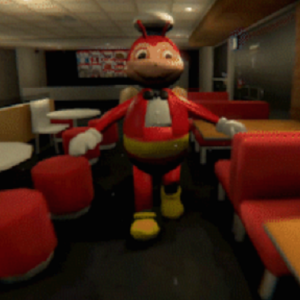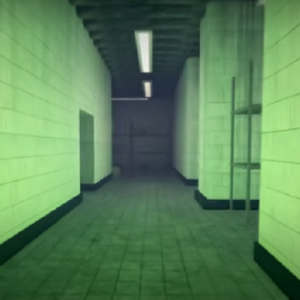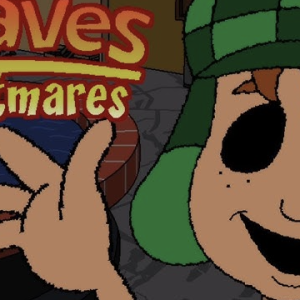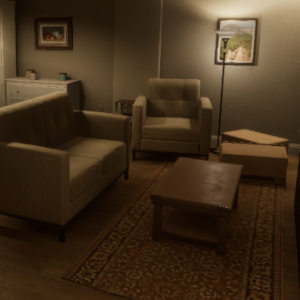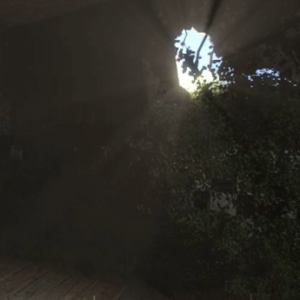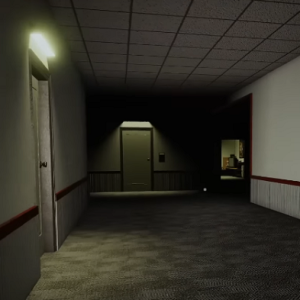Similiar games
Hellmart places the player in the role of a lone night shift worker in a small convenience store far from the city. The setting looks simple: shelves to stock, customers to serve, and registers to balance. During the day, work moves at a slow, predictable rhythm. But as night comes, the environment changes. Tasks that once felt routine start to carry risk, and the store becomes a place that demands both focus and caution. The player must maintain operations while anticipating what the dark hours will bring.
Routine And Preparation
Daytime in Hellmart is about structure and efficiency. The player performs standard duties such as inventory checks, cleaning, and customer interaction. Each completed task influences what happens later, turning simple actions into strategic preparation. When the sun sets, priorities shift from profit to survival. The player must decide what to secure, which systems to maintain, and how to organize limited resources before the next phase begins.
Main Gameplay Cycle
The experience of Hellmart unfolds through a repeating cycle of decisions and consequences:
- Operate the store and complete daily objectives
- Stock supplies and manage limited space
- Observe customer behavior for unusual patterns
- Secure doors and control lighting systems
- Respond to events that threaten safety during the night
These steps create a rhythm where planning and quick thinking determine whether the shift ends in success or failure.
Pressure And Consequences
As darkness falls, the game transitions into survival mode. Every mistake made during the day can create new vulnerabilities. A forgotten repair or misplaced item might trigger problems later. The player must balance attention between maintaining the store’s functionality and avoiding danger. Hellmart treats fear as a byproduct of responsibility—errors are not punished instantly but build tension that grows with time. The store becomes a fragile system held together by observation and control.
Purpose And Interpretation
Hellmart uses ordinary work to explore how small choices accumulate into risk. It turns management tasks into instruments of pressure, showing how repetition can hide uncertainty. The design focuses on process: learning from each shift, identifying weak points, and adapting to survive longer. The result is about facing threats and about maintaining order in a setting that resists it. Through planning and persistence, the player discovers that endurance depends on discipline, not luck.





